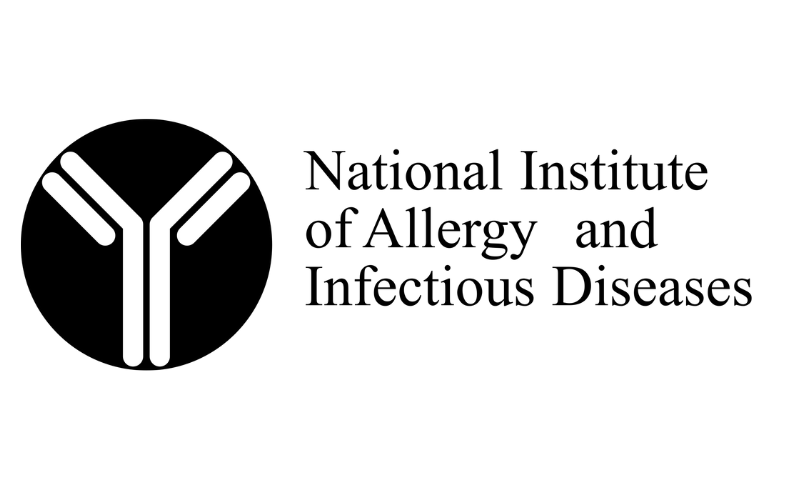Max Kozlov
Nature, Dec. 13, 2022
“Over the decades, we have let our public-health system atrophy [by] not replacing people who leave, not keeping the equipment up to date, not getting [information] accessible in real time.”
This month, Anthony Fauci will step down as director of the US National Institute of Allergy and Infectious Diseases (NIAID) after more than 38 years in the post and 54 years at its parent organization, the US National Institutes of Health (NIH). He has led the institute under seven US presidents and overseen its research and response to the HIV/AIDS epidemic, the Ebola outbreak that began in West Africa in 2014 and the COVID-19 pandemic. The 81-year-old physician-scientist became a household name during the pandemic, during which he was revered as a trusted source of advice by some and disparaged by others, including former US president Donald Trump, who saw his advice as inconsistent and overbearing. On 11 December, he was attacked on Twitter by Elon Musk, who took over the social-media platform in October. Fauci spoke to Nature about Musk’s comments, the pandemic and his own legacy.
Thinking back on your decades at the NIH, in which area of infectious disease have we made the most progress?
One of the most important is in the area of HIV. In 1981, when we first became aware of the cases of HIV, [it was] a mysterious disease of unknown aetiology that was killing virtually everybody who was infected. It was one of the darkest periods of my or anybody’s professional career in infectious diseases. We went from that bleak time of not knowing what was killing all of these mostly young gay men to getting the [underlying virus], a diagnostic test and, within a few years, an entire series of drugs, which when used in combination, have completely transformed the lives of people with HIV. We also have developed highly effective prevention methods with pre-exposure prophylaxis and [can treat] people who are infected, bringing the level of virus to below detectable levels, so they don’t transmit it to anybody else.
Where will we see the next revolution in infectious disease?
One of the holy grails of infectious-disease research is a safe and effective vaccine for HIV. We’ve made spectacular advances in the development of therapies, both for treatment and prevention of disease. But the one thing that’s eluded us up to now has been a safe and effective vaccine. So that’s one of the things we look forward to. The other is the possibility, although it’s a stretch, in some respects, to have a cure for HIV, where you can have durable suppression or elimination and eradication of virus in the absence of any further therapy. We have not reached that point yet, but that is an aspirational goal. … source


